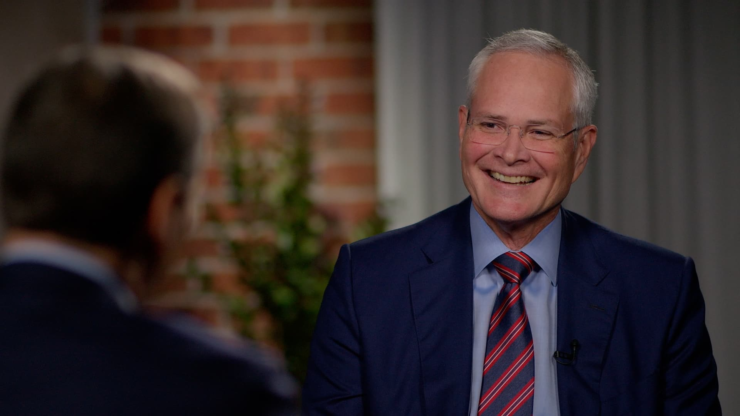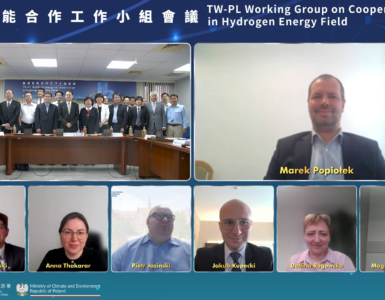Hydrogen market has yet to take off – US ExxonMobil CEO – ICIS.
The market for hydrogen and consumers’ willingness to pay a premium to avoid carbon emissions has yet to take off, the CEO of the US energy producer ExxonMobil said.
Companies around the world have told ExxonMobil that they are having a hard time selling blue and green hydrogen in Europe and Asia, said Darren Woods, ExxonMobil CEO. He made his comments during the CERAWeek by S&P Global energy conference.
The costs are too high when compared with hydrogen produced from fossil fuels without carbon capture, he said.
ExxonMobil could be selling its own cargoes of blue hydrogen by the end of the decade, as the company may build such a project at its complex in Baytown, Texas, that could produce 1bn cubic feet/day of blue hydrogen.
A final investment decision (FID) could arrive in 2024.
Linde’s CEO, Sanjiv Lamba, also noted the early stage of the hydrogen market earlier during CERAWeek.
HYDROGEN GETS BOOST FOR US LAWS
Hydrogen is the target of several incentives from the US. The Inflation Reduction Act (IRA) introduced tiers of tax credits for hydrogen projects.
The tiers are based on reductions of carbon emissions, a measure that Woods favours over the blue and green colour schemes used to describe the industry.
Under the tax-credit system of the IRA, the developers of the hydrogen projects can apply for the credits based on their capital investments or on the amount of hydrogen that the plants will produce.
The credits increase in scale based on the size of the carbon emissions of the project. The value of the credits increases as the amount of the carbon emissions decrease, as shown in the following table:

A different piece of legislation, called the Bipartisan Infrastructure Law, includes up to $7bn to establish six to 10 hydrogen hubs in the US.
LIFECYLE VERSUS SCOPE
Woods spoke in favour of regulatory regimes that focus on lifecycle emissions versus the focus on the origins of emissions used by the Scope system of measuring carbon dioxide (CO2).
Scope 1 emissions are produced directly by companies. Companies produce Scope 2 emissions when they consume energy. Scope 3 emissions cover upstream and downstream emissions.
The Scope system of emissions is useful for measuring emissions on a national or macro scale, Woods said. But the same system can create perverse incentives when they are applied to an individual company.
For a company like ExxonMobil, the Scope incentives would discourage it from developing LNG facilities because such projects would increase its emissions. However, such facilities would speed up the replacement of coal and other carbon-intensive fuels with gas, which produces less CO2.
Similarly, Scope emissions could discourage refiners from making further investments to reduce emissions, Woods said. As long as demand persists for gasoline and diesel, regulators need to find ways to make those fuels as low carbon as possible until the world transitions to emission-free sources of power.
Adopting the right system to measure emissions is important because big oil and gas companies such as ExxonMobil have the capacity and know-how to make massive reductions in emissions.
For decades, they have overseen megaprojects for oil and gas production, refineries and chemical complexes. These have spanned years and cost billions.
MEGAPROJECTS
Woods considers the company’s proposed hydrogen project in Baytown as such a megaproject.
Its oil-and-gas production in the Permian is another such megaproject.
The company plans to increase oil production in the Permian to 1m bbl/day by 2024 while bringing carbon emissions to net-zero by 2030.
He also highlighted the company’s oil production in the South American country of Guyana. ExxonMobil progressed from discovery to first production in five years. Normally, it takes 10 years.
In addition, production has exceeded expectations, ExxonMobil continues to focus on reducing emissions from its production in Guyana, and it is working on bring natural gas onshore to the country, Woods said.
CERAWeek runs through Friday.
READ the latest news shaping the hydrogen market at Hydrogen Central
Hydrogen market has yet to take off – US ExxonMobil CEO, Houston, March 7, 2023









